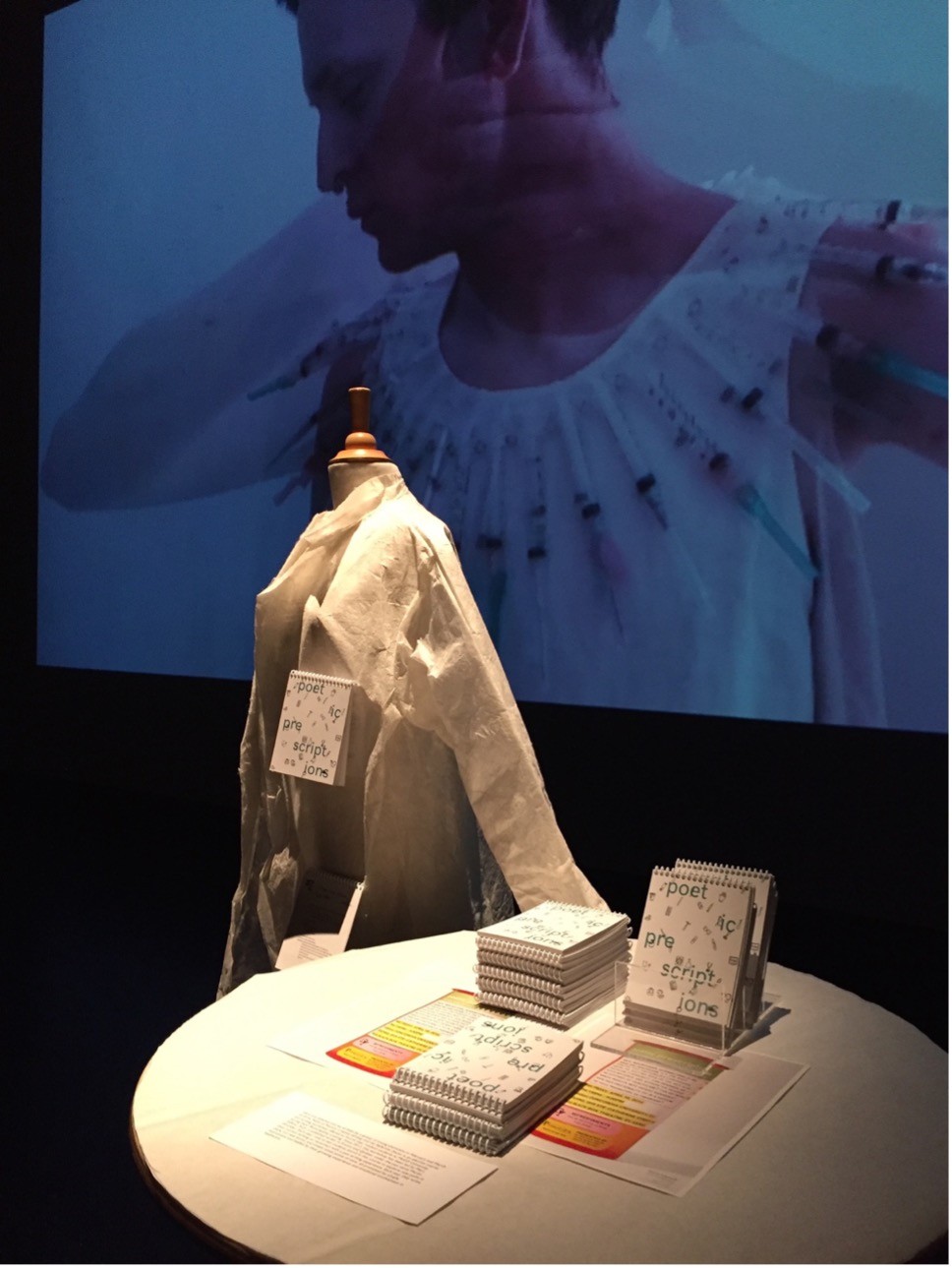ARTH 356 Studies in the Materials and Processes of Art
- Fridays, 2:45- 5:30 pm
- Instructor: Dr. Rebecca Duclos
Concordia University is the size of a small city with a population of almost 50,000 people. Our Faculty of Fine Arts is one of the largest in North America. This course invites students to explore and experience how "materials" and "processes" are used in the bustling everyday environment right around you!
Our mobile, interactive course will support small teams of students acting as "roving reporters and raconteurs" observing, interviewing, and shadowing everyone from artists to aerospace engineers, performers to physicists, designers to neuroscientists, biologists to philosophers. How do different disciplines and fields understand what a "material" is? From the pouring and polishing of bronze, to the words spoken by an elder, to the way light appears at nanoscopic and astrophysical scales--how are the materials of metal, language, or light shaped and re-shaped in our world? What processes are shared and which differ from the way a musician, a materials engineer, or a mathematician understands their craft? This course supports students who are interested in STEAM explorations, embedded experiences, crossdisciplinary research methods, and alternative assessment models.
This course has been specially designed for students in the joint major in Art History and Studio Art as part of an initiative to renew the curriculum of this program. Students who have a passion for both Art History and Studio Arts will have the opportunity to explore issues at the intersection of these two disciplines, as well as to meet and work with other students in their program. We encourage students in the joint Art History and Studio Art program to register for reserved slots in this course, which will count towards Art History credits. Some space will also be made available to students outside of the joint major.
 "Poetic Prescriptions" at the Canadian Association for Health Humanities conference, Creating Space VI (2016).
"Poetic Prescriptions" at the Canadian Association for Health Humanities conference, Creating Space VI (2016).
